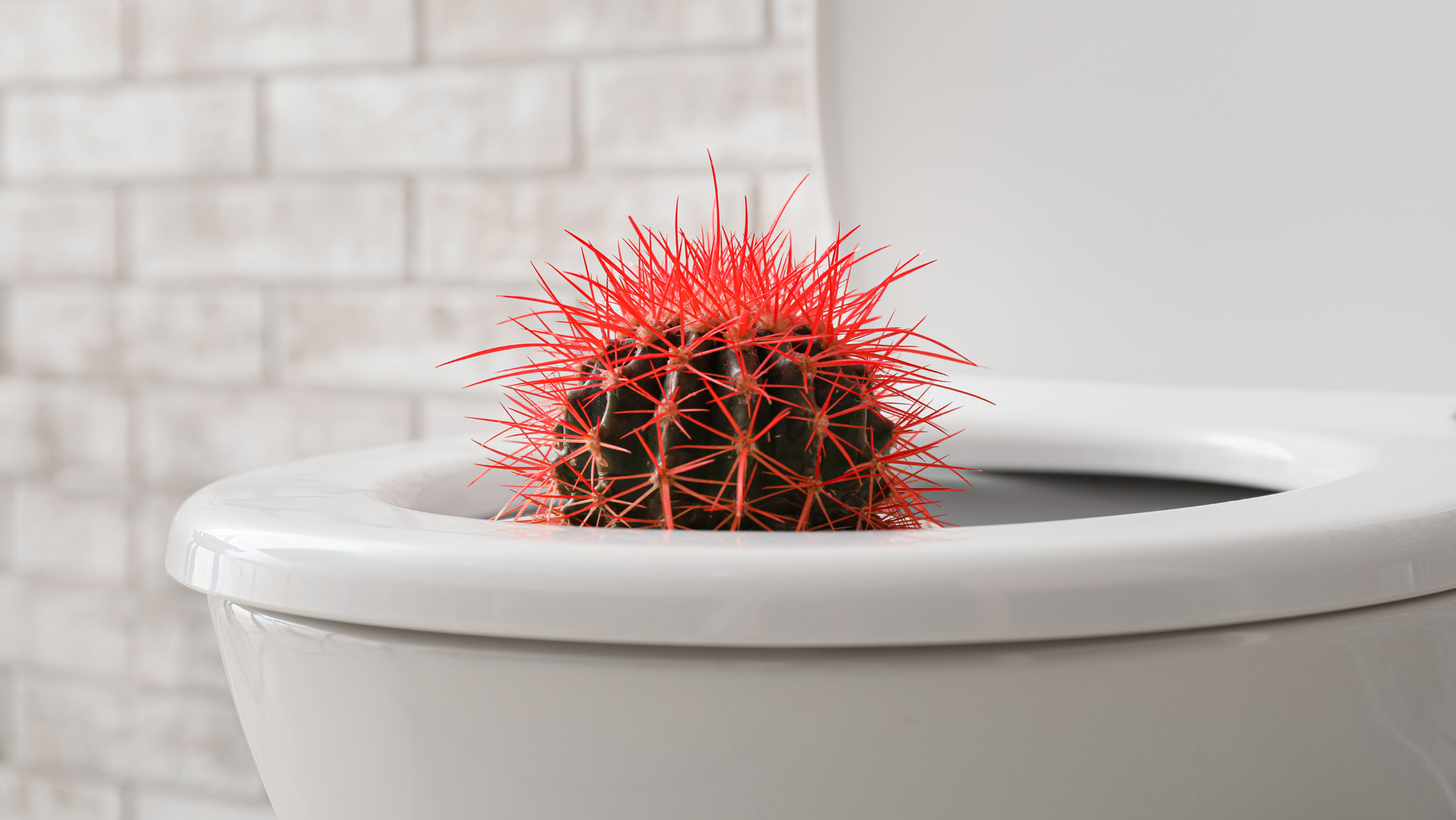Haemorrhoids, or piles, are swollen blood vessels in the lower rectum or anus. They can happen when the veins in that area get really thin and start to bulge or stick out. Haemorrhoids can be inside the rectum or outside around the anus.
Many people have haemorrhoids at some point in their lives. In fact, almost three out of four adults will get them from time to time. Sometimes, a blood clot can form inside a haemorrhoid, which can be painful or uncomfortable. At The Gut Clinic UK, our experts are specialised in treating haemorrhoids and other problems with the digestive system.
Haemorrhoids may be caused by a number of factors. Reasons a haemorrhoid might occur include:
– Obesity
– Pregnancy
– Family history of haemorrhoids
– Straining during bowel movements
– Standing or sitting for long periods of time
– Straining too hard to perform a physical activity (like lifting weights)
– Chronic constipation
– Chronic diarrhoea
– Aging
Symptoms of haemorrhoids vary depending on the location of the haemorrhoids, but commonly include:
– Pain during bowel movements
– Itching around the anus
– Bright red blood in the stool
– Pain and/or swelling around the anus
– Pink, blue, or purple bumps that protrude around the anus
– Pain around the anus while performing physical activities
Sometimes, smaller haemorrhoids can go away on their own after a few days. If you visit your local gastroenterologist at The Gut Clinic UK, they might give you medications or suggest home remedies to help with the symptoms of haemorrhoids. But if you have larger haemorrhoids, you might need medical treatment to remove or treat them. There are different ways to do this, including:
– Eating a diet high in fibre.
– Keeping the area around your anus clean.
– Avoiding dry toilet paper and using moist wipes instead.
– Applying ice packs to reduce swelling.
– Using creams or ointments that you apply directly to the haemorrhoids.
– Draining a blood clot if there is one.
– Using rubber bands to cut off the blood supply to the haemorrhoids so they shrink and fall off.
– Injecting a solution into the haemorrhoids to make them shrink.
– Using heat, lasers, or other methods to make the haemorrhoids shrink.
– Surgery to remove the haemorrhoids.
– Using staples to block the blood flow to the haemorrhoids so they shrink and fall off.
– Taking warm baths several times a day.
– Treating constipation or addressing the underlying cause of the haemorrhoids.
FIND A SPECIALIST
Find a specialist for your gut problem.
The Gut Clinic UK is a one of largest physician-led platform renowned for its exceptional Gut specialists in the United Kingdom. We take pride in our rigorous selection process for specialists, ensuring that only the most qualified and experienced professionals join our platform.
Our specialists actively engage with patients, providing them with clear explanations, answering their questions, and involving them in the decision-making process.

